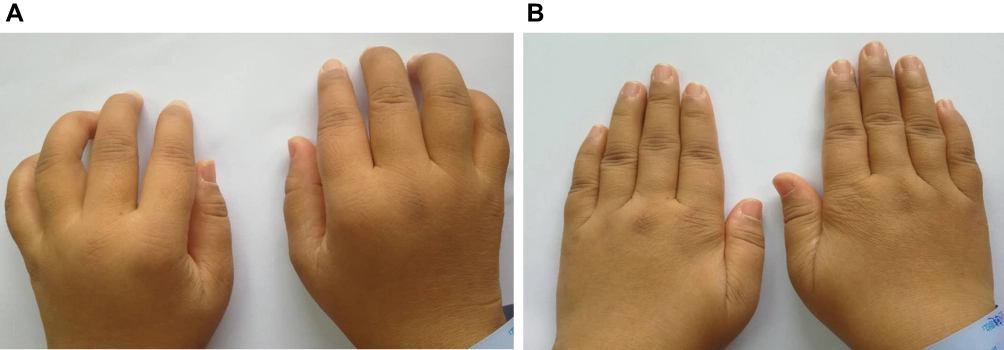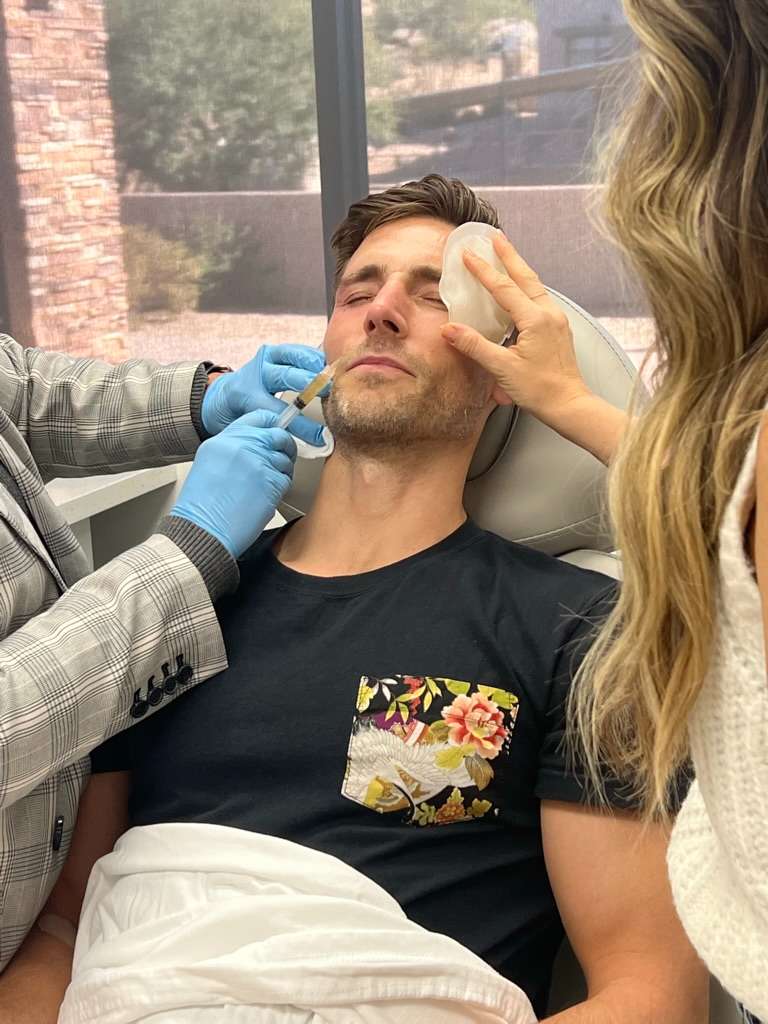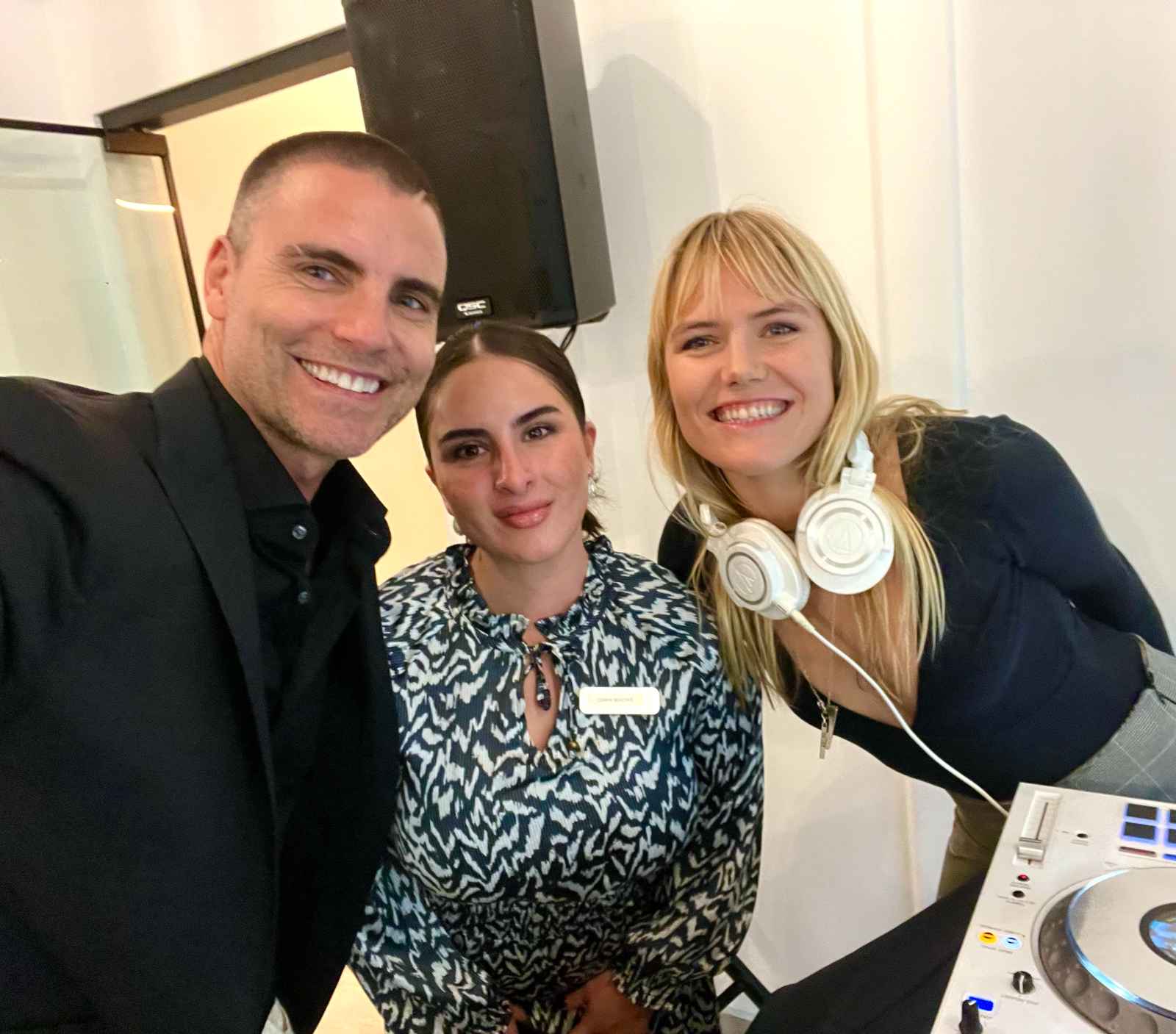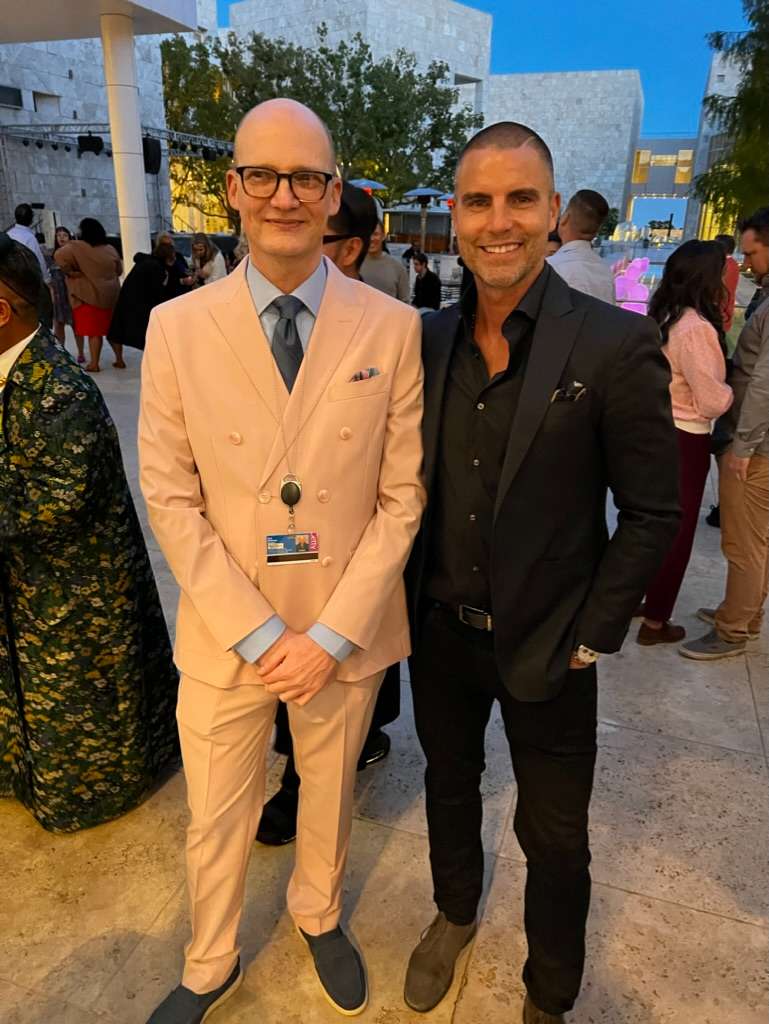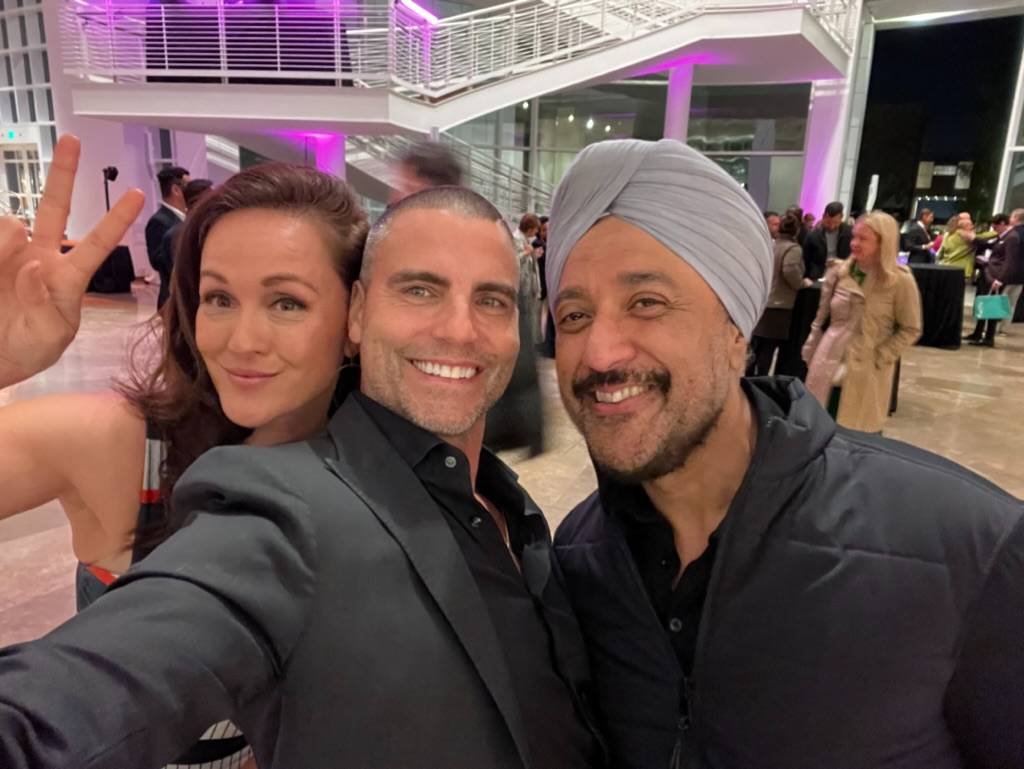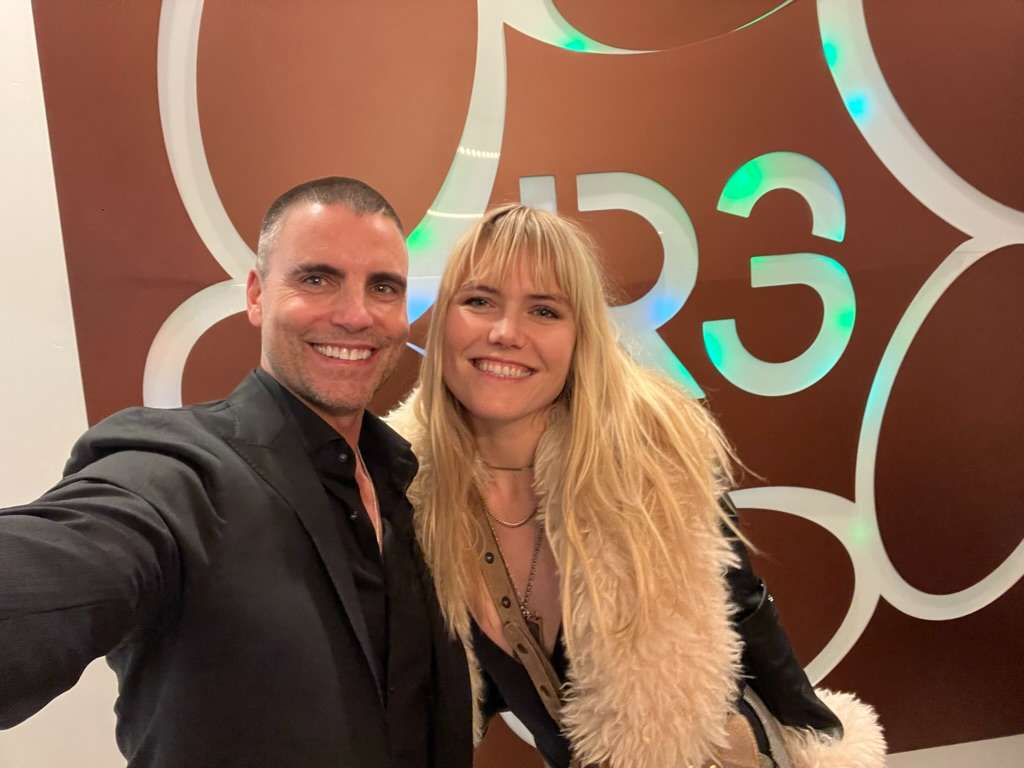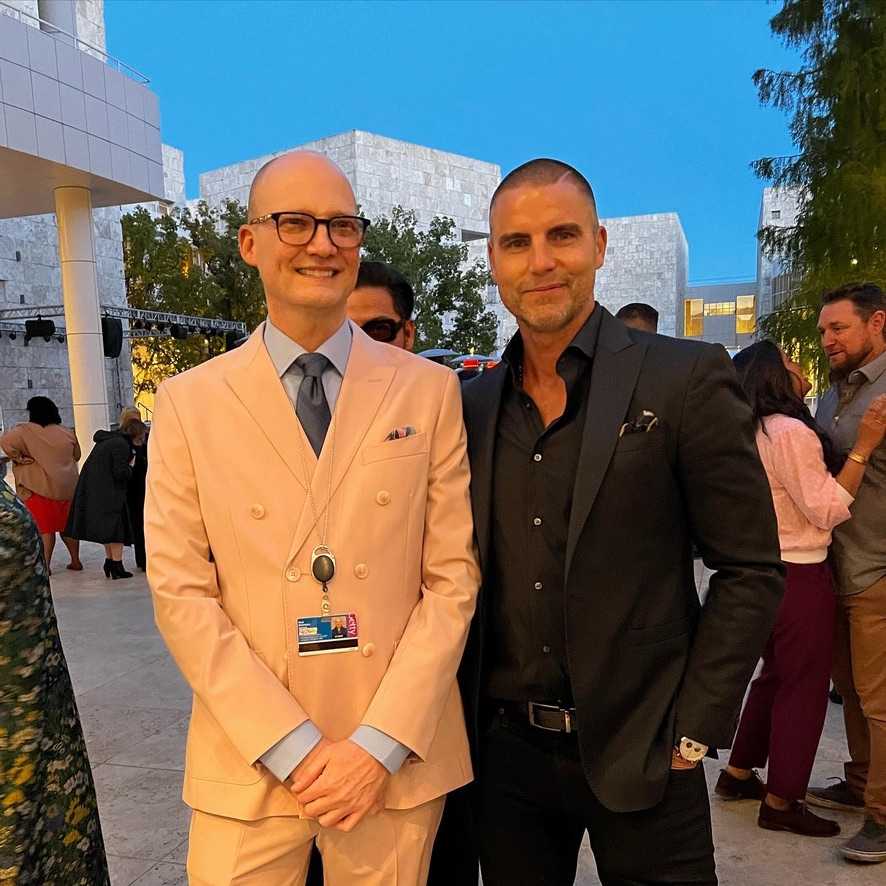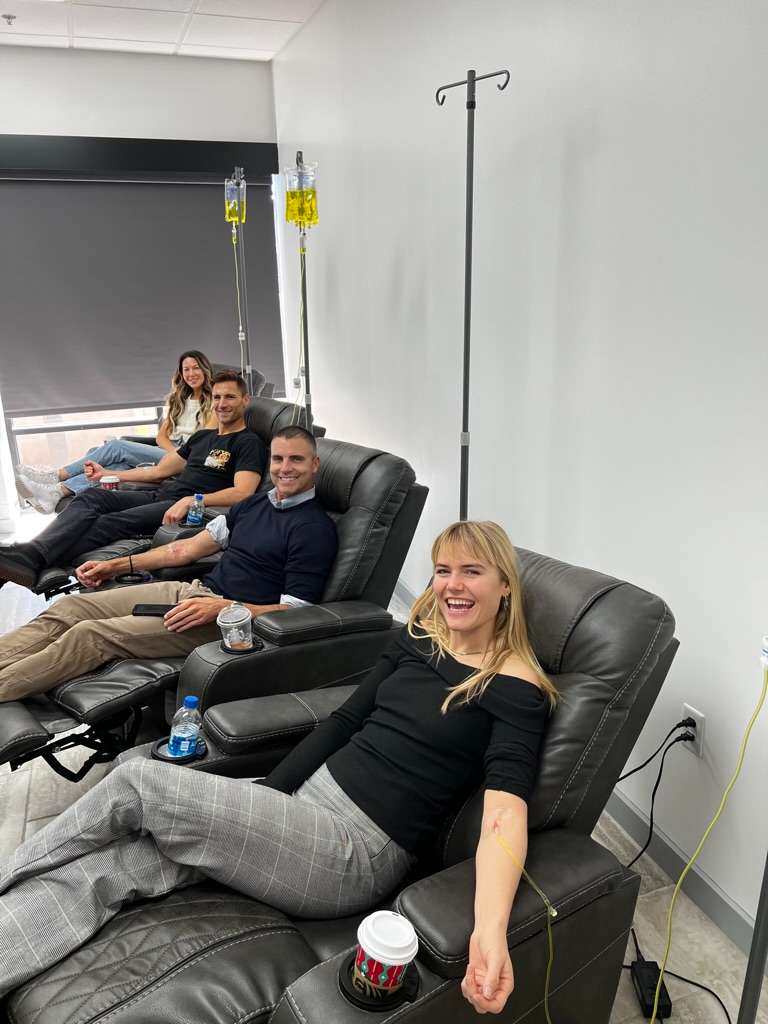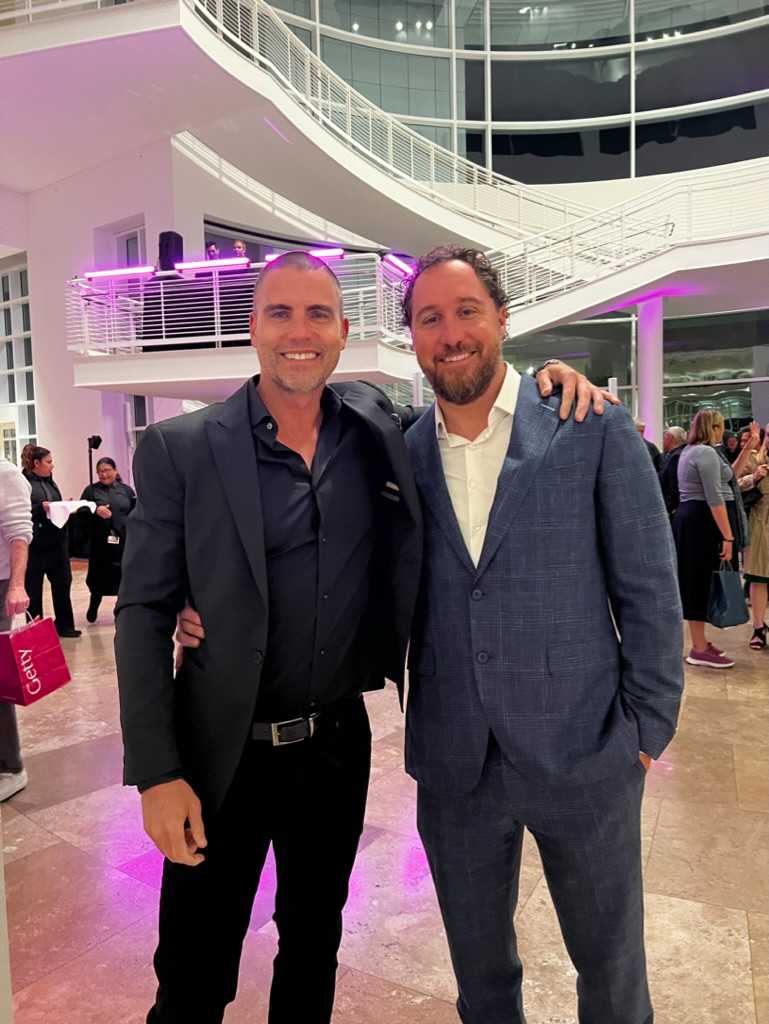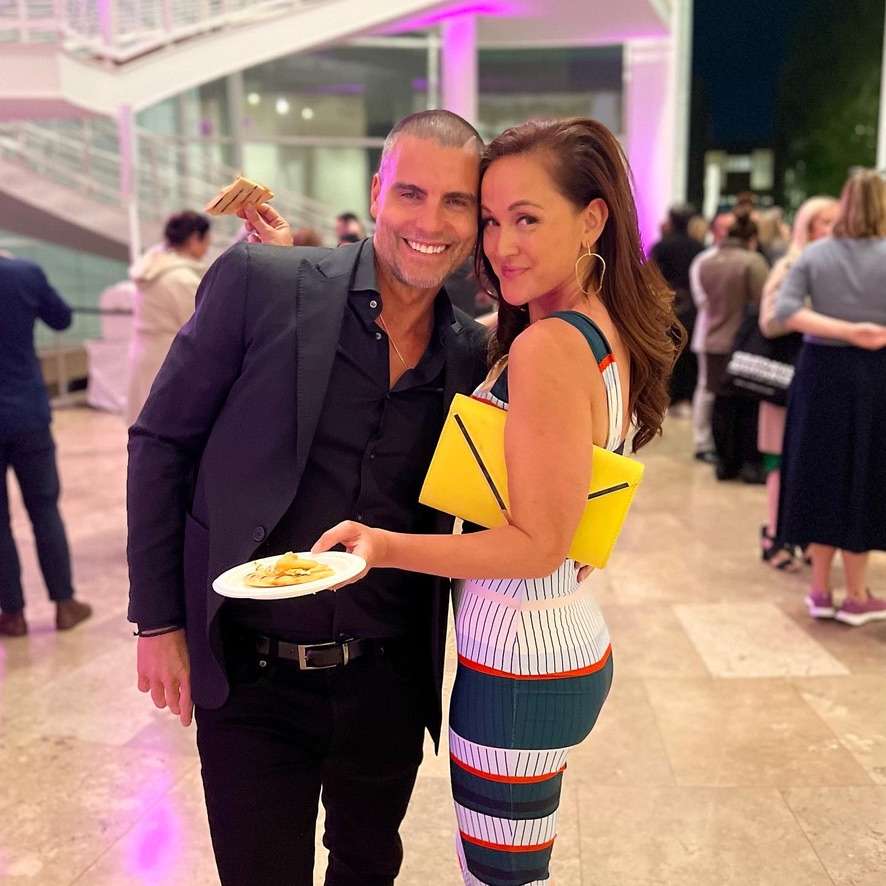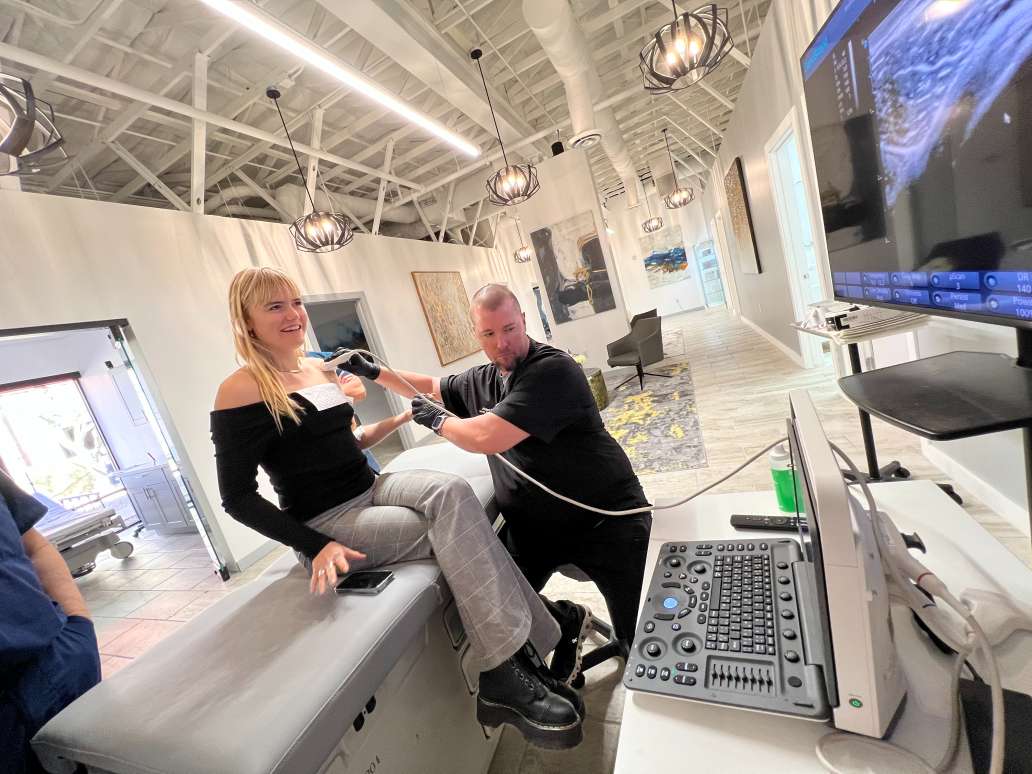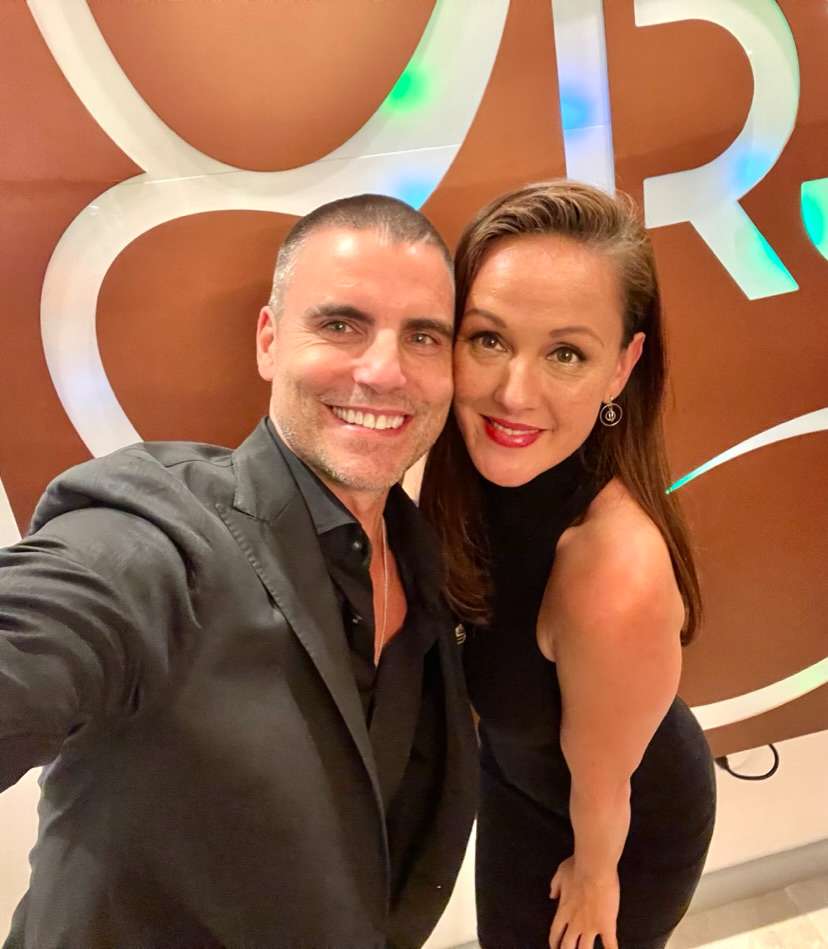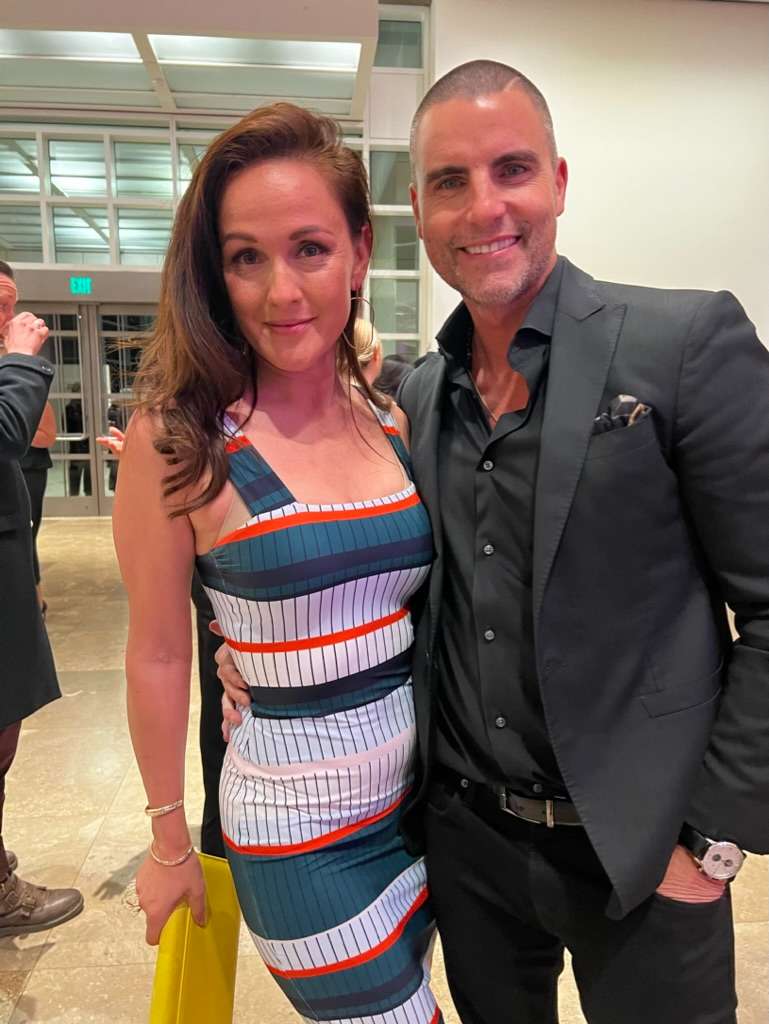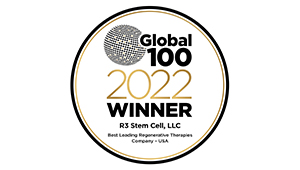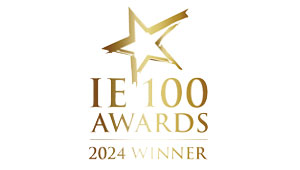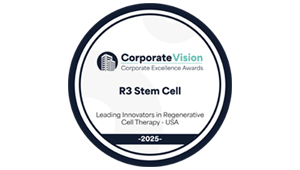Stem cell therapy for RA may be the key step to completely changing a person's quality of life, and we want to make it affordable for as many individuals as possible. Our global volume has allowed us to keep our patient costs as low as possible.
Unfortunately, stem cell clinics in Colombia, China and Panama charge over $20,000 USD for RA treatment. How are individuals supposed to budget for that? R3 Stem Cell's fees are typically less than half that for full treatment, which also includes free exosomes, PRP and a multivitamin infusion!
For the past decade, R3 Stem Cell's Centers globally have performed over 24,000 regenerative procedures in six countries. Patient satisfaction across all conditions treated is very high, at 85%. R3 has treated hundreds of patients with varying types of peripheral neuropathy, and over a thousand patients with diabetes.
R3 combines safety, effectiveness and affordability for the therapies. Internationally, the Intellicell is used, which is culturing the most active mesenchymal stem cells to create the "smartest" stem cell in the world!
